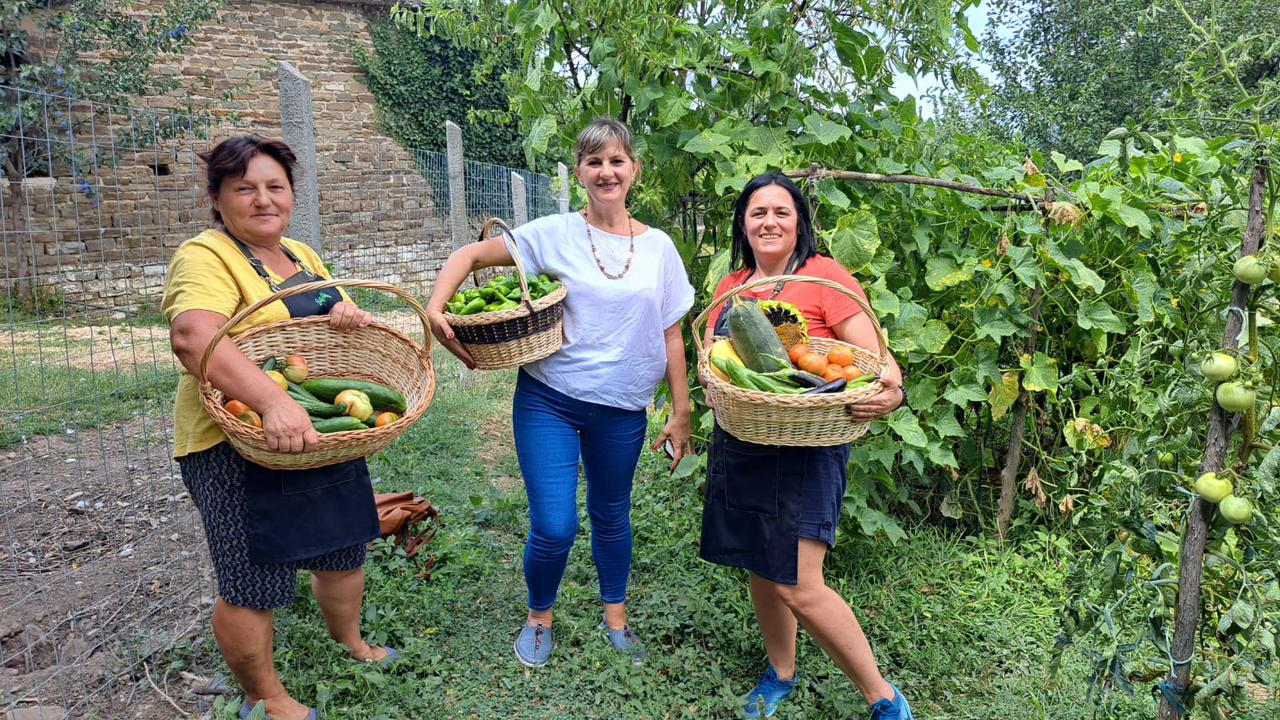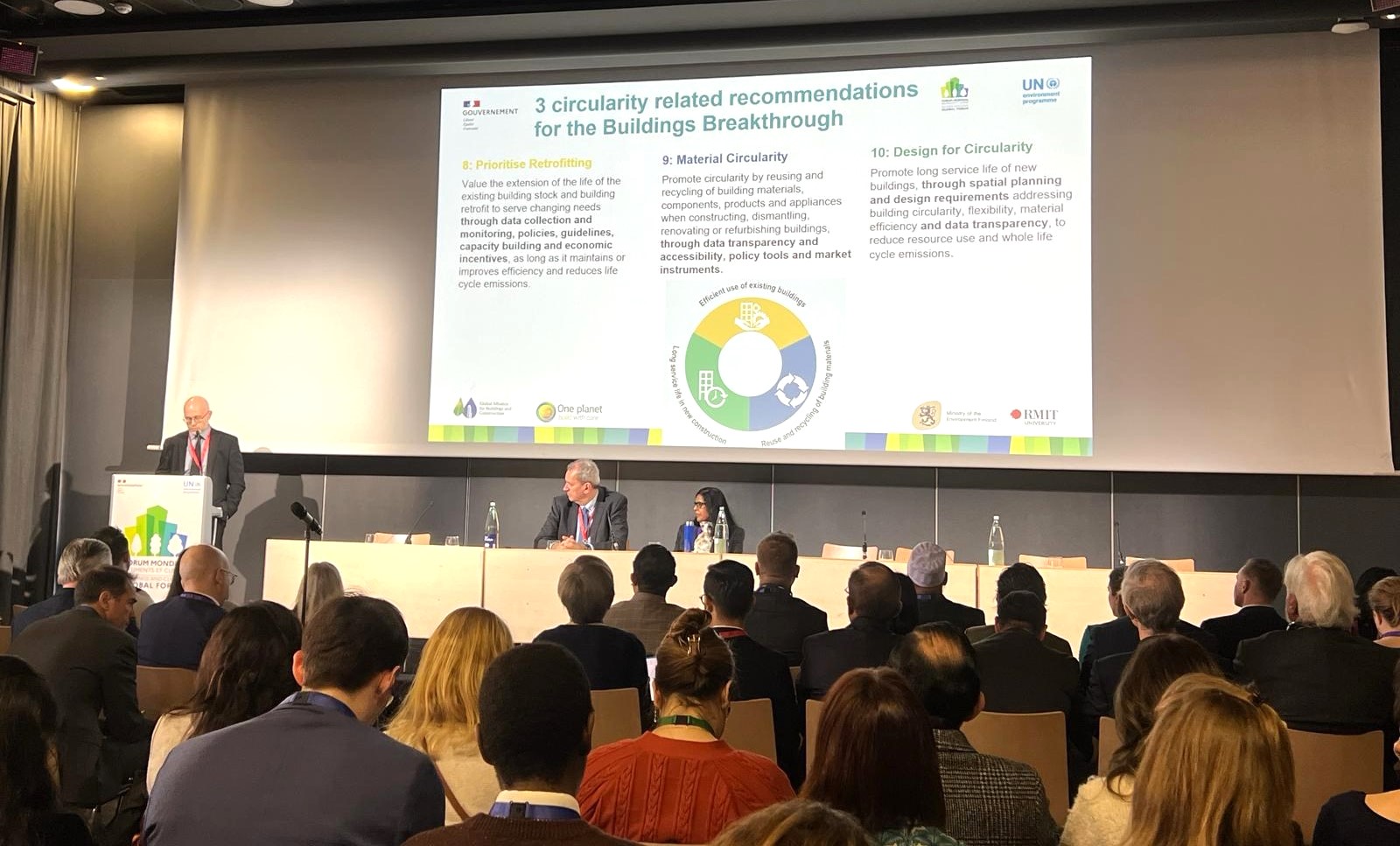REPORT: Consumer Information Tools and Climate Change

The Consumer Information Programme launched a new report that is now available for download!
This publication is an output of the Consumer Information Programme and it was funded by the International Climate Initiative. The report was developed through the collaborative effort of four programmes of the One Planet Network: Consumer Information, Sustainable Buildings & Constructions, Sustainable Food Systems and Sustainable Tourism. The effort was led by the UN Environment Programme.
The report details how the use of consumer information tools can support greenhouse gas emission reductions in three sectors – Tourism, Buildings and Food. It serves as a guidance for policy makers and business leaders.
Why this is relevant:
The Tourism, Buildings and Food sector together account for more than half of humanity’s contribution to energy-related CO2 emissions. Therefore, consumption patterns in these sectors are critical to reduce global CO2 emissions. If implemented correctly, consumer information tools can influence consumer behaviour and trigger more sustainable consumption choices. In each sector, different approaches should be taken to inform consumers about carbon emissions. Moreover, to increase overall carbon literacy of consumers and facilitate comparison among different certifications, information tools must be harmonised and introduced on a wider basis.
What you will learn:
The report describes complexities and challenges in the value chains of the three sectors – Tourism, Buildings and Food. To address these complexities, the report provides insights on which kind of consumer information will be most effective in each of the three sectors. Additionally, it is explained how social norms and psychological appeals influence consumption choices. A list of recommendations at the end of the report explains how consumer information tools should be used and adapted to work most effectively.
You can access the webinar that was given on this report on February 25, 2020 here.
You can access the full version of the report here.

